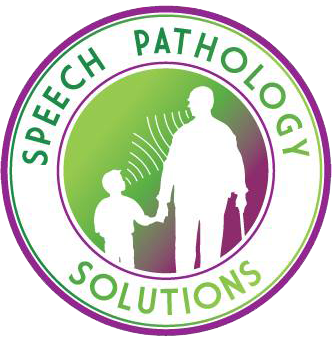quality speech language services
Feeding therapy for infants helps infants with difficulties in feeding and swallowing. This therapy is often used for newborns who have medical conditions that affect their ability to eat, such as cleft lip and palate. Our trained speech pathologists will help the infant develop the skills necessary to eat and drink safely and effectively. This may include exercises to strengthen the muscles used in feeding, as well as techniques to help the infant learn to coordinate their sucking, swallowing, and breathing.



who we help
Browse our services by age group, and learn more about how we can help you according to your individual needs.
frequently asked questions
Feeding therapy in speech pathology is a specialized form of therapy that helps individuals with difficulties related to feeding and swallowing. This type of therapy is provided by a speech-language pathologist (SLP) and may include assessments, interventions, and recommendations for individuals of all ages, from infants to the elderly. The goal of feeding therapy is to improve an individual's ability to safely and efficiently consume food and liquids, and to promote optimal nutrition and growth.
A typical feeding therapy session may involve a variety of assessments and interventions, depending on the individual's specific needs. The speech-language pathologist may conduct a thorough evaluation of the individual's oral-motor skills, swallowing function, and overall feeding abilities. This may include observations of the individual during mealtime, as well as the use of specialized equipment such as video fluoroscopy to visualize the swallowing process. Based on the evaluation, the SLP will develop a treatment plan that may include exercises to improve oral-motor skills and swallowing function, as well as strategies to promote safe and efficient eating and drinking.
The duration of feeding therapy can vary depending on the individual's specific needs and goals. Some individuals may only require a few sessions, while others may require ongoing therapy over a period of several months or longer. The frequency of therapy sessions may also vary, with some individuals receiving therapy on a weekly basis while others may receive therapy less frequently. The speech-language pathologist will work with the individual and their caregivers to develop a therapy plan that is tailored to their specific needs and goals.
Yes, parents and caregivers can play an important role in feeding therapy. The speech-language pathologist will work closely with the individual's caregivers to provide education and training on how to support the individual's feeding and swallowing abilities. Caregivers may also be involved in therapy sessions to observe.
insurances accepted





be the best version of yourself -
we'll help you along the way

gain confidence to speak with ease

showcase real academic abilities

connect deeply & genuinely with others

reclaim lost skills & independence



